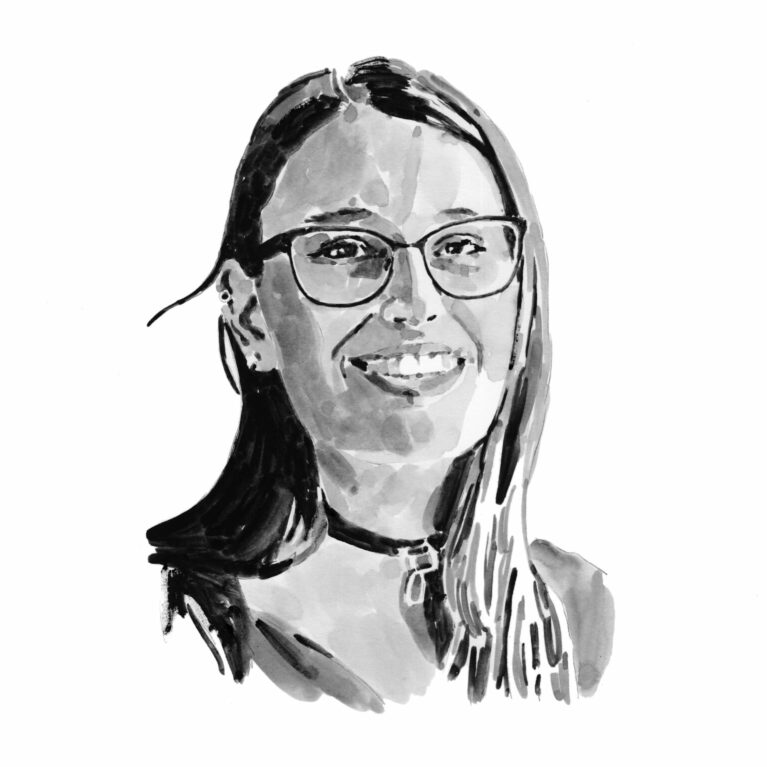Valentina C. Romagnoli

Who I am
Ever since I was a child, my fascination for animals – particularly those that might raise an eyebrow or two, like frogs, snakes, orcas and sharks – has been a driving force. This curiosity led me on a path to discovering my true vocation. I initially thought that everyone aspired to be a National Geographic wildlife photographer and just chose a more conventional route. But my unwavering enthusiasm for random animal facts, as my dad so candidly pointed out, turned out to be my calling. Sadly, even though more than 50 shark species have been reported for my home country Chile, little is known locally about them as they are elusive and not particularly popular. On a quest to find my place working with these incredible creatures, I ventured into marine biology with a simple hope: to catch a glimpse of sharks in their natural habitat. Tears welled up in my eyes when I saw my first Chilean shark on our baited remote underwater video (BRUV). However, encountering most of Chile’s oceanic species – even remotely – proved to be a challenge. This spurred me to reach out to those who know these waters intimately: the local fishermen. Parallel to working with BRUV, we conducted interviews with artisanal fishermen. These conversations were enlightening. The fishermen’s willingness to share experiences beyond the interview’s scope provided insights into their encounters with sharks. It was during these conversations that I began to suspect the catch reporting system’s bias, which seemed to underestimate shark catches. An opportunity emerged for me to contribute to the conservation of some of the world’s most endangered taxa. Now armed with experience as well as passion, I am driven to pave a path for future studies that can be the base for effective conservation policies to ensure a thriving future for sharks.
Where I work
While working along the northern and central coast of Chile, on the Pacific side of South America, it came to my attention that common names of sharks vary widely and shark fishing and consumption also differ in different places. In the case of a country with a 6,435-kilometre-long (4,000-mile-long) coastline – longer than Europe from Norway to Greece or similar to the width of the USA – a project needs to divide that coast into northern, central and southern macro-zones to avoid confusion with the use of common names in official catch reports and to properly register the fishing pressure sharks are subjected to. Along such a long coast, oceanographic conditions also vary considerably from north to south, so it is to be expected that different species are found in each zone.
What I do
This project is deeply intertwined with the artisanal fishermen who are at the core of its activities and their local experiences. It relies heavily on building meaningful relationships with these fishermen, establishing a sense of comfort that encourages the sharing of possibly sensitive information. Building this trust involves substantial effort, and ensuring anonymity during interviews is paramount. Communication can prove challenging in remote areas, particularly with older fishermen who may not have completed a basic education. However, this does not diminish their value or credibility in our study; they bring unique perspectives and knowledge, albeit in different forms. To bridge this gap, we have undergone training beforehand and tailored the interviews to language they are most comfortable with.
As the ones seeking information, we approach this task with unbiased friendliness, recognising that establishing authentic relationships is key. We respect their way of life, even if it involves overexploitation or participation in illegal fishing practices such as finning. Open-mindedness is crucial when investigating activities known to harm ecosystems. To ensure that we give an accurate representation of the country’s situation, we cover substantial distances that often involve long journeys. Despite the fatigue from constant social interaction during these trips, the knowledge that our short-term efforts contribute to the long-term survival of sharks makes every step worthwhile.
